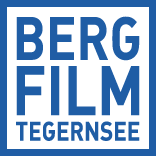The Jury-Members 2023
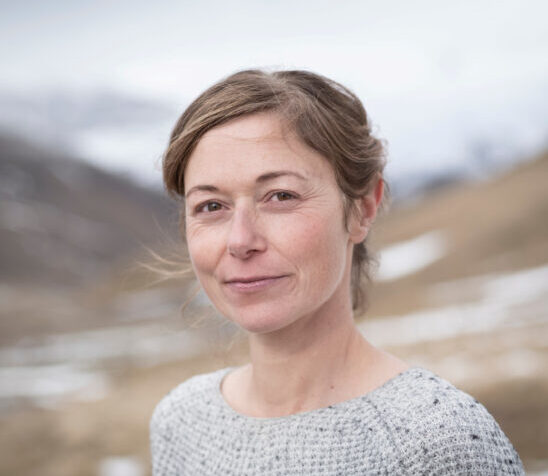
Caroline Fink
Caroline Fink, 46, has been a photographer and filmmaker for over 15 years. She captures stories and themes within visual projects, films and reports. An alpinist herself, she focuses on the European Alps as well as other mountains of the world and places that are close to primordial nature. Her aim is always to convey what moves her in her own heart and mind. Because only that – she is convinced – has the power to inspire others. Her photography comprises the fields of reportage and alpine photography as well as the discipline of fine arts. She is employed as Dean of Studies for photography and digital storytelling at the Lucerne Institute for Journalism and Communication (MAZ) and also teaches as a Leica consultant at the Swiss Leica Academy. In the realm of film, she specialises in directing and cinematography; her spectrum ranges from documentaries to experimental short films and camera work in the mountains, for example at Dhaulagiri in the spring of 2021. Her own films have been screened at various festivals from Tegernsee to Los Angeles. She lives in Zurich and spends about a hundred days a year in the mountains.
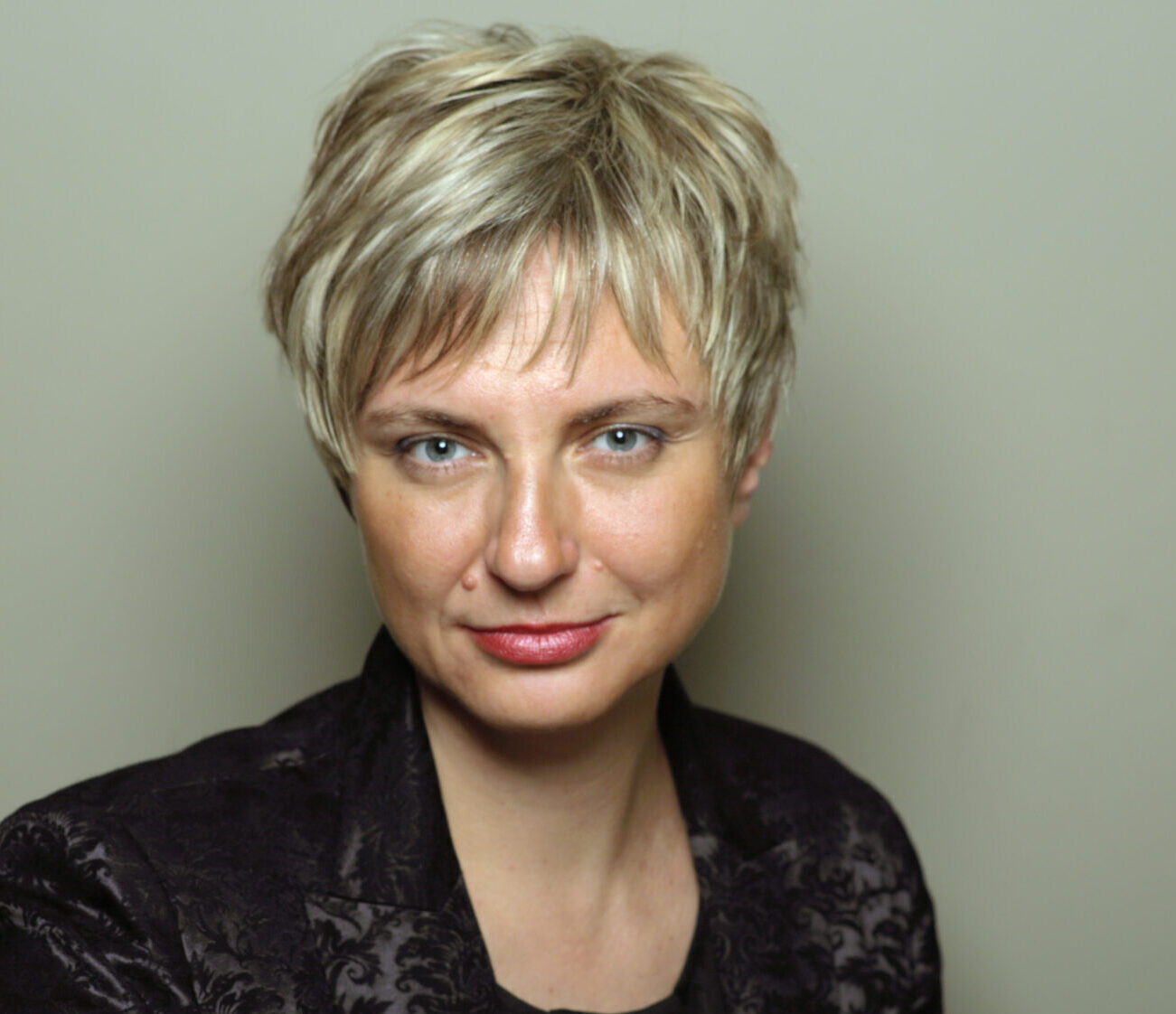
Julia Poplawska
Julia Popławska is a Polish documentary filmmaker and television journalist. In Warsaw, she studied journalism and attended the Wajda Film School. At a film festival on Tenerife in 2010, she received her first ever award for her graduation film “Oh God, dear God”, in the category “best short documentary”. She remained true to this genre and received the 2015 Tegernsee Mountain Film Festival’s Great Prize for her film “Miejsce” (Space). This film is set in Poland’s highest workplace: the Kasprowy Wierch Weather Station in the High Tatras. Using clever camera angles, the director represents the building as a space station, where employees do their work in a sterile atmosphere, including “space walks” and a soundscape reminiscent of horror films. Julia Popławska has made use of several opportunities to continue her education during artistic residencies abroad. For many years, she worked for the Polish Television station TVP. More recently, she has become interested in the links between art and science and has moved her workplace to the Warsaw Botanical Gardens.
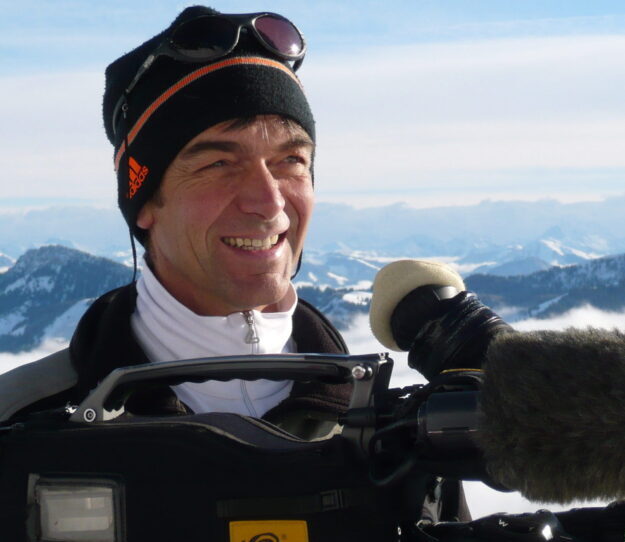
Josef “Sepp” Wörmann
Sepp Wörmann was born in 1953 and raised on a farm in the foothills of the Bavarian Alps. In keeping with the motto “The journey is its own reward,” he has been gathering experiences ever since. His first job as a telecommunications technician was a call of duty; photography and filming were his hobbies. His fascination with the mountains kept growing: he developed into an excellent mountaineer, became a member of the mountain rescue service and soon a state-certified mountain and ski guide. In the early 1980s, a momentous fork in the road led him to a “job” on a major mountain film production by Gerhard Baur at the Eiger North Face. Originally responsible for the safety of the team and actors, Sepp Wörmann soon became a “sound guy” within the camera team and the mountain filming scene at large. At the Eiger, Hermann Magerer, the creator of the Bavarian mountaineering show “Bergauf-Bergab”, discovered him and recruited this “natural talent behind the camera”. Over the course of more than thirty years, Sepp Wörmann became an essential co-creator of the show’s visual language. He got to travel around the world, got to know many cultures and schools of thought, innumerable mountaineers (of greater and lesser ranking), and kept returning home to his former farm.
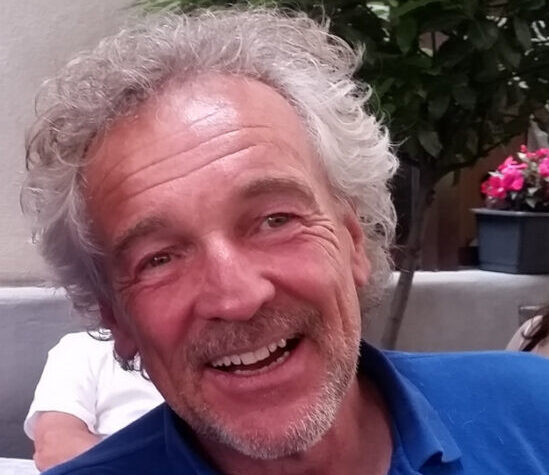
Dr. Thomas Gayda
Dr Thomas Gayda was born in Salzburg in 1960 and grew up in the Kleinwalsertal Valley. After completing his doctorate at the University of Vienna on the “Examination and Aesthetics of Contemporary Austrian Musical Life after 1945”, he devoted himself to the topic of “music and exile”. As project manager of the CD edition “Degenerate Music” by production company DECCA, he was responsible for numerous first recordings in the 1990s and thus ensured the introduction of many forgotten works into today’s concert and opera repertoire. Film music came to play a special role in this project. In 2000, Thomas Gayda launched the mountain film festival “Walsergewitter” in the Kleinwalsertal Valley. In the “Year of the Mountains 2002” he was responsible for the Austrian
Cultural Forum’s mountain film festival “Altitude” in London, which included the English-language version of Luis Trenker’s classic film “Der Berg ruft”, screened under the title “The Challenge”. In 2005 and 2006, Thomas Gayda experienced the Tegernsee Mountain Film Festival in its inception phase – also as a jury member.
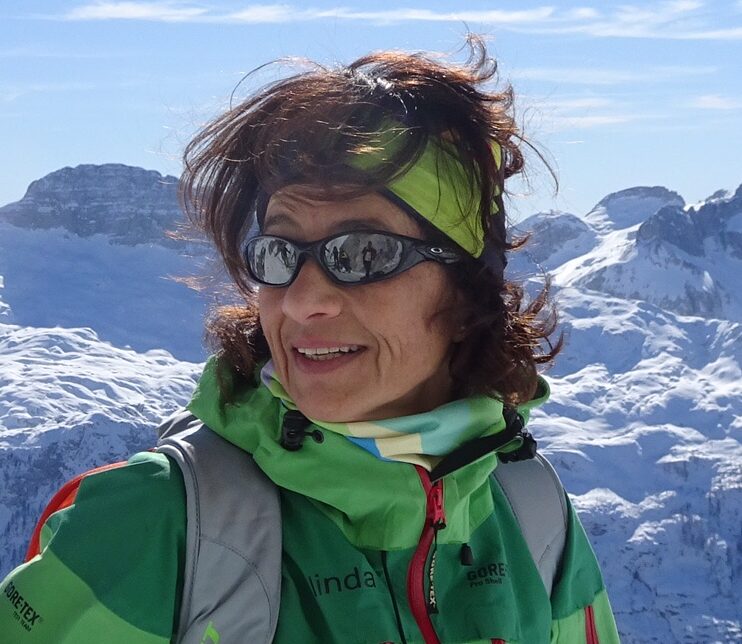
Linda Cottino
Linda Cottino is graduated in Modern History from the University of Turin and Grenoble. After a long experience in social journalism, she combined her job with the passion for the mountains and mountaineering at magazine ALP as editor in chief. After the experiment of the italian-french web tv Alp Channel, she contributed to create In Movimento, the outdoor magazine of the newspaper il Manifesto. Today she writes as a free-lance and is the editor of book column for Montagne360, monthly magazine of the Italian Alpine Club; she is in the jury of Premio Itas for mountain literature combined with Trento Filmfestival. For some years now she has been president of the Valsusa Filmfest Association, wich in Susa Valley, on the border with France, organizes a film festival on the themes of environement, mountains and historical memory. She wrote Qui Elja mi sentite?, about a Soviet women’s expedition to Pik Lenin in 1974, and she’s going to publish a book on the first woman who climbed Monviso in 1864.

